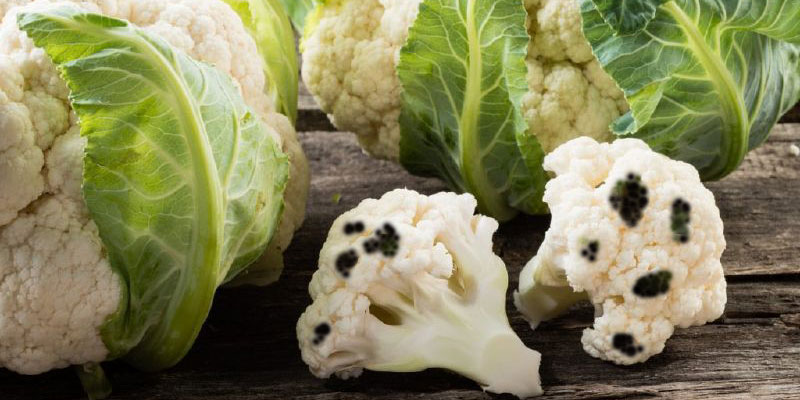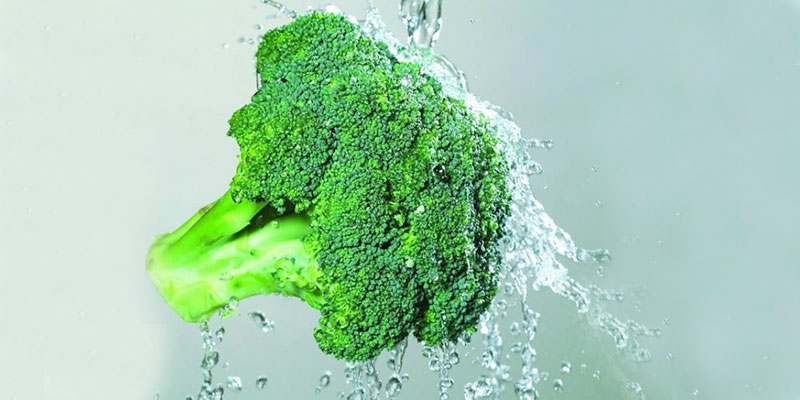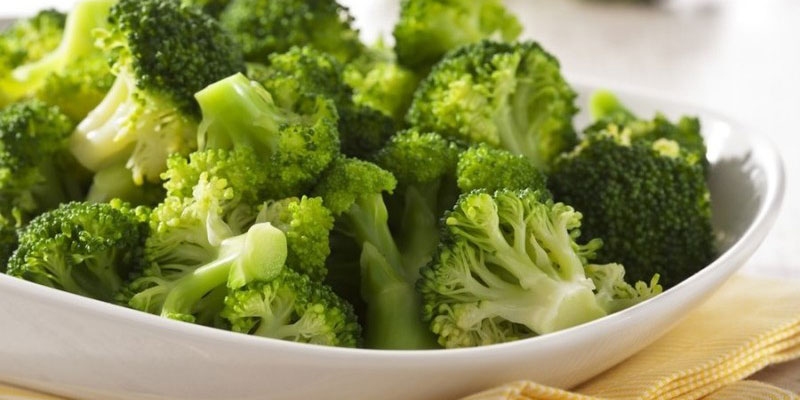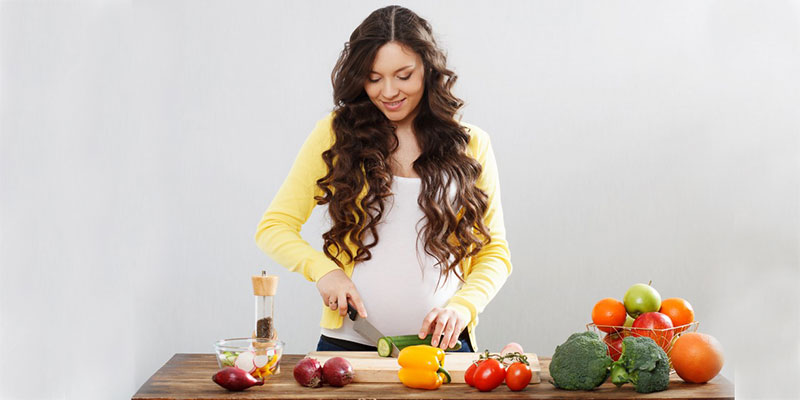Everyone knows that cauliflower is a nutrient-rich food with multiple health benefits. However, it’s important to note that excessive consumption of cauliflower may be detrimental to individuals with stomach ailments, gout, and pregnant women. Thus, it is crucial to understand the proper selection, preparation, and consumption methods to avoid any adverse effects.
1 Avoid Eating Moldy Cauliflower
If you notice any mold spots that change the color of the cauliflower, make sure to cut off those affected parts. Do not consume moldy cauliflower as it can be harmful to your health and may even cause food poisoning.
Similarly, avoid eating cauliflower with tiny yellow flowers as this indicates the beginning of decomposition.

This advice applies to all vegetables; always opt for fresh produce.
2 Don’t Chop Cauliflower Before Washing
Cauliflower heads often harbor tiny insects. Avoid chopping the vegetable into small pieces before washing as it becomes difficult to remove these pests. Chopping also causes the vegetable to disintegrate during washing.

Instead, soak the whole cauliflower in water for 5-10 minutes to allow the insects to escape. Then, rinse and cut it into smaller pieces for cooking.
3 Don’t Overcook Cauliflower
Be mindful not to overcook cauliflower as it diminishes its nutritional value. Especially, the cancer-preventing properties are reduced when overcooked.

4 Pregnant Women Should Limit Cauliflower Intake
Excessive consumption of any food is generally not recommended, especially during pregnancy.
Scientific research suggests that pregnant women, particularly in the early stages, should limit their cauliflower intake due to its high vitamin C content, which may increase the risk of miscarriage.

Thus, it is advisable for pregnant women to consume cauliflower no more than twice a week to maintain the health of both mother and baby.
5 People with Stomach Ailments Should Be Cautious
While cauliflower contains beneficial fiber, consuming raw cauliflower or its juice can cause bloating. This is not advisable for individuals with stomach problems.

6 People with Gout Should Refrain from Eating Cauliflower
Although cauliflower is generally considered healthy, it is not suitable for individuals with gout.
Cauliflower contains high levels of purines, which are known to trigger gout symptoms. Therefore, people suffering from gout should avoid consuming cauliflower to prevent worsening their condition.

In conclusion, cauliflower is a nutritious vegetable with multiple health benefits. However, improper consumption can have adverse effects. Always exercise caution when selecting and preparing cauliflower to ensure a healthy experience.





































